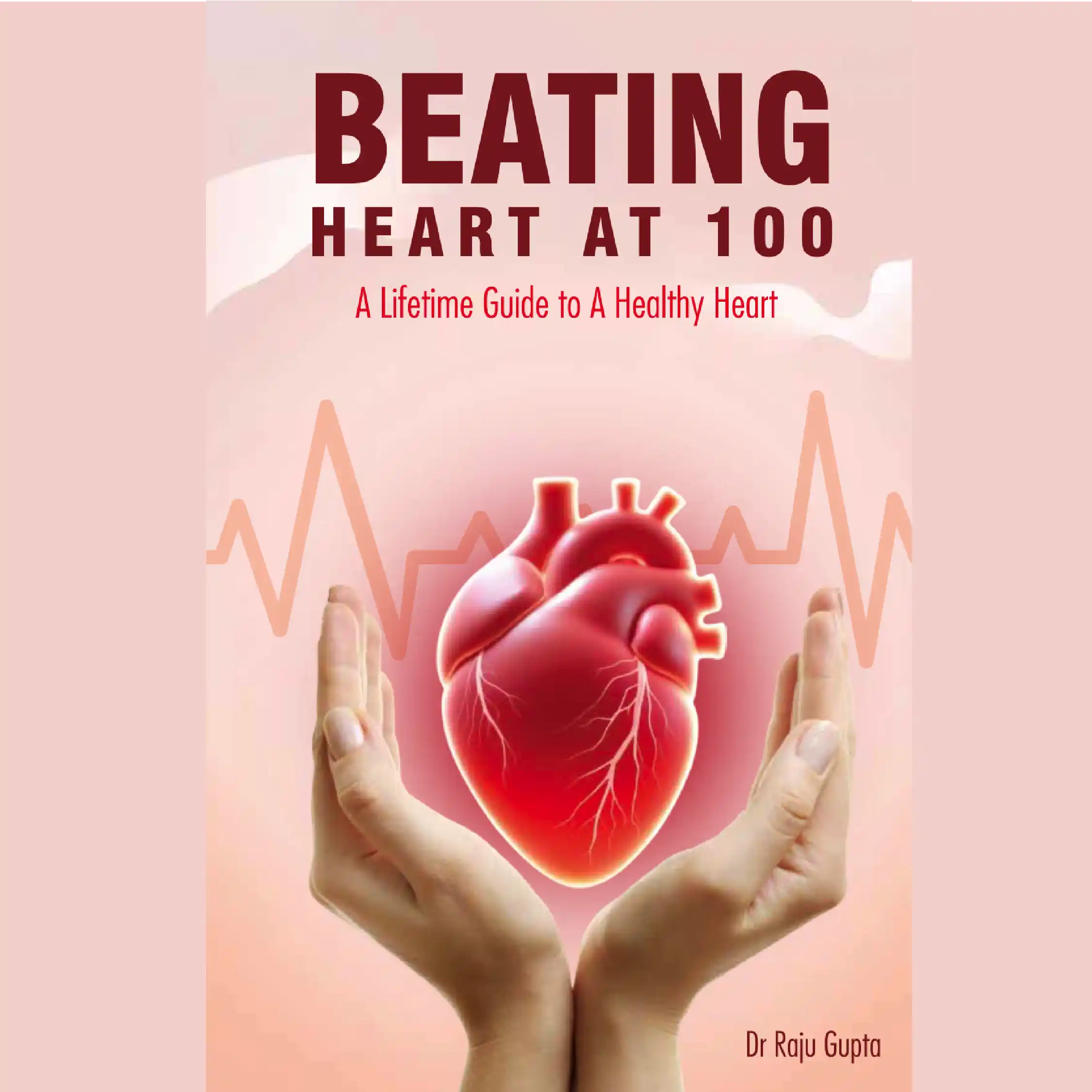The Two Morning Routines
Ramesh’s Morning: Alarm rings at 6:00 a.m. He snoozes it twice. By 7:30, he’s rushing out the door with half a sandwich and a full cup of sweet tea. Traffic, meetings, deadlines — the usual. His smartwatch says he’s burned 80 calories by lunchtime (mostly through hand gestures during calls). By evening, he’s drained — “too tired to walk” tired — so he relaxes with snacks, TV, and scrolling through health tips he never follows. Rajat’s Morning: Alarm rings at 6:00 a.m. He snoozes once — then stretches. A brisk 30-minute walk, a short breathing routine, and breakfast with his wife and daughter. He checks his emails after eating, not during. He’s not a saint — he eats the occasional samosa and complains about traffic too — but his life has rhythm. And rhythm is exactly what the heart loves.When the Warning Signs Knock
Both men had similar family histories — Ramesh’s father had a bypass at 55, Rajat’s at 58. At 38, Ramesh started noticing fatigue after climbing stairs. “Just getting old,” he told himself. He also started getting acidity after meals, but the antacids worked, so why worry? At 40, during a routine health camp at work, his cholesterol came back high — total cholesterol 250, LDL 170. The doctor advised diet changes and exercise. Ramesh nodded, smiled, and filed the report under “Will Do Someday.” Rajat’s numbers weren’t great either, but he took it as a wake-up call. He got a dietitian, joined a walking group, and actually followed through. Six months later, his cholesterol dropped by 40 points. Meanwhile, Ramesh was Googling “best home remedies for chest burning.”The Day Everything Changed
It was a Friday evening in March. Ramesh was wrapping up work from home when he felt a tightness in his chest. He assumed it was gas — popped an antacid — but it didn’t go away. Within minutes, he was sweating and light-headed. His wife, alarmed, called the neighbor — Rajat. Rajat rushed in, recognized the signs, and called for an ambulance immediately. Within 30 minutes, Ramesh was in the ER — diagnosed with a major coronary artery blockage. Doctors said his prompt admission saved his life. Had he waited another hour, the story would have been very different. Three days later, Rajat visited him at the hospital. Ramesh smiled weakly and said, “Yaar, same lifestyle, same genes… why me?” And Rajat, half-smiling, said, “Maybe because one of us listened when our body whispered, and the other waited until it screamed.”What Science Says About This Story
You might think this is a fictional exaggeration — but it’s not. It’s the story of millions of urban Indians living one stressful email away from a cardiac event. According to the Lancet Global Health Study (2023), India accounts for one-fifth of all global deaths due to heart disease — and over 50% of those occur in people under 50. The tragedy? In most cases, the heart had been giving signals for years — we just ignored them. Here’s what studies consistently show:- 80–90% of heart attacks are linked to preventable factors (as proven in the INTERHEART study).
- Even 30 minutes of walking daily can reduce heart disease risk by up to 40%.
- Stress management and quality sleep improve cardiac recovery more than many medications.
Humor in the Irony
Ramesh used to say, “Who has time for walking, yaar?” Ironically, now he walks four times a day — from his hospital bed to the bathroom and back. We often find time for recovery but not for prevention. We buy health insurance but skip health discipline. We trust medicines more than mornings. The modern Indian dream — big job, big car, big stress — often forgets the smallest but strongest engine that drives it all: the heart.What Rajat Did Right
Rajat didn’t do anything extraordinary. He just did the simple things consistently.- He walked daily. No excuses. Even 20 minutes on busy days. That kept his arteries flexible and his stress low.
- He checked his numbers annually. Awareness is half the cure. When you track your health, you tend to protect it.
- He ate smart. Rajat didn’t stop eating his favorite foods; he just balanced them. One cheat meal, not a cheat lifestyle.
- He slept like it was sacred. In an age where everyone brags about “late-night hustling,” Rajat chose rest over restlessness.
- He talked. About work stress, about family expectations — instead of bottling it up. Silence is a slow killer; Rajat didn’t let it fester.



